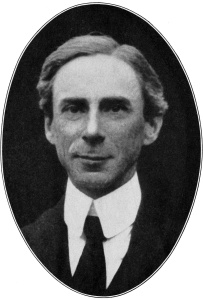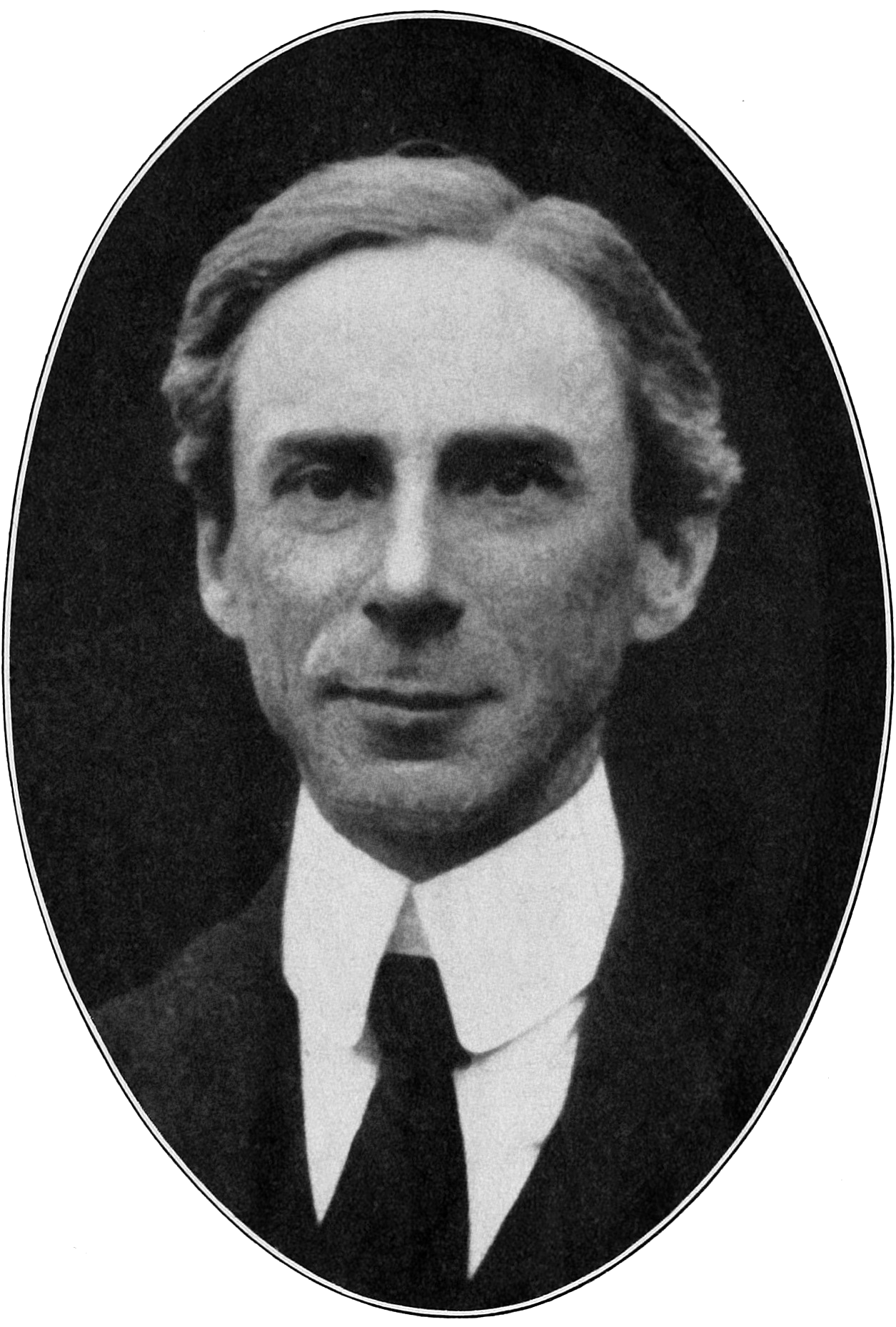 To Nancy Saunders Toy
To Nancy Saunders Toy
Hotel Danieli,
Venice. April 22, 1940
I hope you won’t be altogether displeased if I tell you what I think. You know perfectly well what sort of . . . mind and conscience Russell has: those of a rebel or reformer. He feels no loyalty to dominant things but enthusiasm for possible ideal contrary things. Now this seems to me legitimate in a pure philosopher. There is no reason why “spirit” (I am full of this now, re-reading the proofs of my new book on that subject) should be human; there is no reason, even when it is human, that it should be attached to one age, religion, or moral code rather than to another. Plato proposed community of wives and children: there was a theoretical excuse, if not reason, for that idea; and in the same way Bertie proposes his trial marriages in colleges, etc. It is an excursus into mere possibilities, made vital for him by his hatred and contempt for convention. Perhaps what he proposes might do very well, if it could be established. But nothing can be established in this world merely because it is ideally possible: it must flow from what precedes, it must be derivable from physical forces actually afoot. This is what idealists overlook; and it is only by a happy chance that sometimes they propose something feasible and capable of forming a living morality. Generally, by proposing only that which is underivable from the real state of things, they waste their enthusiasm, and merely irritate practical people and deceive and demoralize other idealists like themselves. And here the rightness of the conventional moralists comes in. It is a political, not a philosophical or ideal rightness. Society is established: its morality may be modified in some, not in any, directions; and good reforms must not disconnect the future from the past. Society therefore is right in defending its morality. This does not imply that Plato & Bertie, or even their books, ought to be publicly burned. Possibly, in a very well-settled civilization, idealists may be allowed to lecture, and be laughed at. Or they may be wept over: Bertie (and his brother) certainly have had dreadful lives: heroic in their way, but misguided and tragic; and it seems unnecessary to persecute them, when they have so conspicuously discredited the principles which they preach, by living up to them.
From The Letters of George Santayana: Book Six, 1937–1940. Cambridge, MA: The MIT Press, 2004.
Location of manuscript: The Houghton Library, Harvard University, Cambridge MA.
